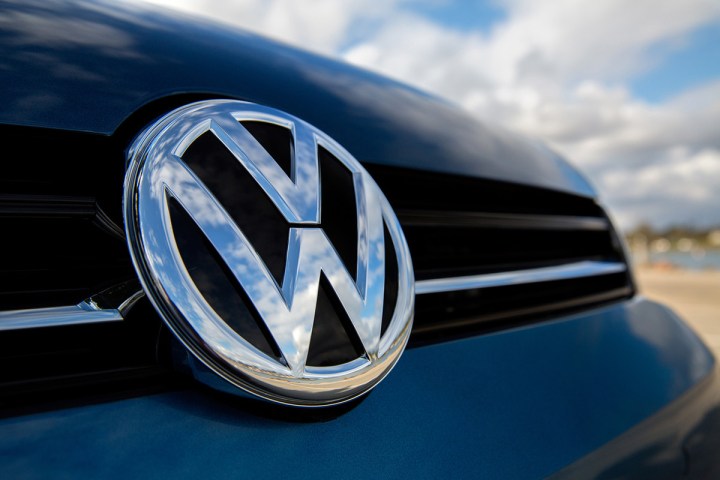
According to a new report by Automotive News, Winterkorn is the subject of a criminal investigation into possible market manipulation. German prosecutors have claimed that there are “sufficient real signs” that Volkswagen withheld information regarding Dieselgate’s financial implications ahead of September 22, 2015, aka the date the brand publicly admitted wrongdoing. The investigation will try to determine whether Volkswagen’s choice to delay the release of financial data may have been aimed at keeping its stock prices afloat.

Another current member of the Volkswagen Group management board (who has not been named at this time) is involved in the investigation as well, and if charged, both individuals could face up to five years in prison and a hefty fine. This is the second criminal probe into Winterkorn’s role in the emissions fiasco, as the 69-year-old is also being investigated for fraud.
The legal fallout of Dieselgate will continue to expand in the coming months, but as of right now, Volkswagen still has a company to run. Now out of the diesel business, the automaker is diverting significant resources to the electric vehicle space, and it hopes to build 2 to 3 million pure EVs by 2025. The announcement about electric vehicles is just that at this point — an announcement — which has led skeptics to label it as a diversion tactic to keep consumer’s minds off Dieselgate.
As we reported last week, all new cars registered in Germany must have zero emissions by 2030.
Editors' Recommendations
- The difference between diesel- and gasoline-powered cars
- DieselGate continues to haunt Volkswagen as massive class-action suit is filed


